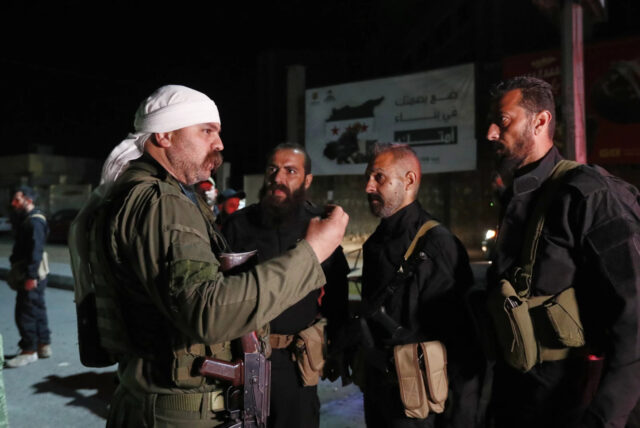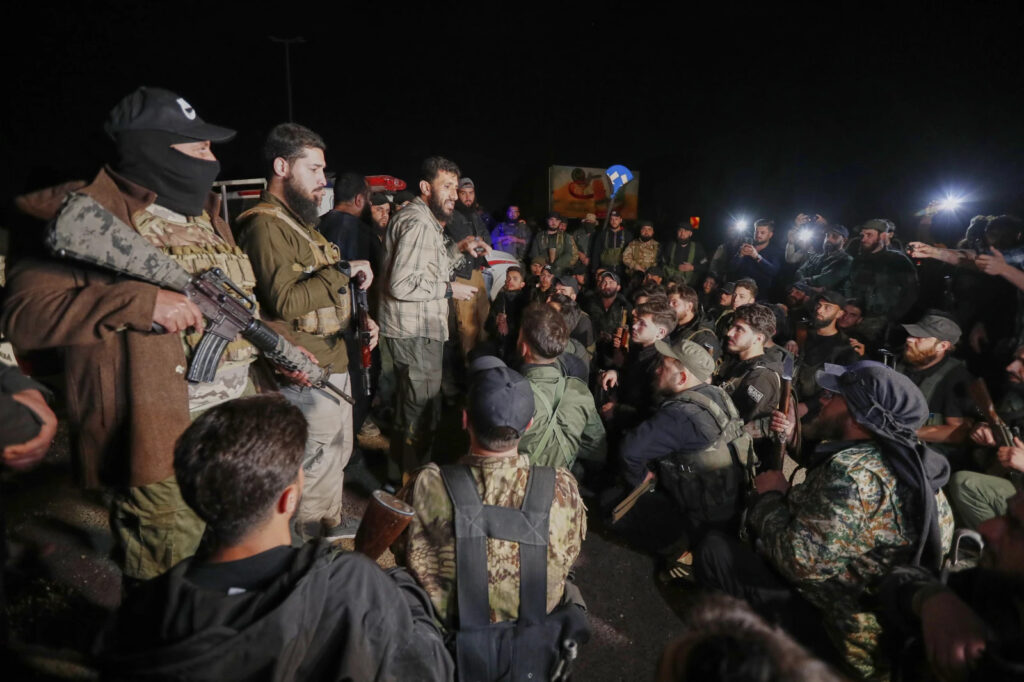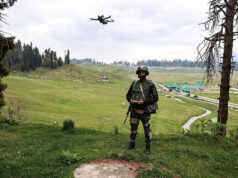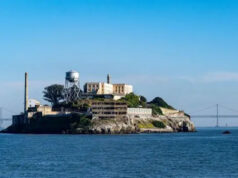
In a dramatic escalation of regional tensions, Israeli forces launched targeted airstrikes near Syria’s presidential palace in Damascus following violent clashes that left 22 people dead, including 16 Syrian security personnel. The strikes, reportedly intended to defend Syria’s Druze community, mark one of the most direct Israeli interventions in recent years and underscore the volatile dynamics gripping the region.
Background of the Clashes
The immediate trigger for the violence was a controversial religious comment made by a prominent Druze cleric, which ignited fierce fighting between Druze fighters and pro-government gunmen in and around the Syrian capital. The confrontation, lasting roughly 15 hours, resulted in widespread destruction and casualties, plunging the already-fragile area into deeper unrest.

The Syrian government deployed military units in an effort to regain control, leading to intense gunfire and shelling that drew the attention of international observers. Local sources report that the battle left residential buildings damaged and displaced dozens of families from the conflict zone.
Israel’s Response
Citing a need to protect the Druze minority, which shares cultural and familial ties with Israel’s own Druze citizens, the Israeli military launched a precision air operation near strategic Syrian government sites. According to military analysts, the strikes were aimed at disrupting the movement of Syrian and Iranian-backed militias that posed a direct threat to the Druze community and potentially to Israel’s northern borders.
Israeli Prime Minister Benjamin Netanyahu addressed the public shortly after the strikes, stating, “We will not stand by as our Druze brothers and sisters are targeted. Israel remains committed to defending all minorities against tyrannical aggression and ensuring regional stability.”
Sectarian Fallout and Regional Implications
The clashes and subsequent airstrikes have deepened Syria’s sectarian divides. Sheikh Hikmat Al-Hijri, the spiritual leader of Syria’s Druze population, condemned the Syrian government’s actions as a “genocidal attack” and accused President Bashar al-Assad’s regime of deliberately instigating conflict to suppress minority dissent.
“This is not just a military confrontation,” Al-Hijri said in a televised address. “This is a deliberate effort to erase our people and silence our voice.”
The Syrian government, however, has denied accusations of targeted aggression and instead blamed “external agitators” for fueling the unrest.
International Response
Global reactions to the escalating conflict have been mixed. While the U.S. State Department expressed concern over the sectarian violence and urged all parties to de-escalate, Russia, a key ally of the Assad regime, criticized the Israeli strikes as a violation of Syrian sovereignty.
The United Nations has called for an emergency meeting to address the crisis, fearing that the growing conflict could destabilize neighboring Lebanon and Jordan, both of which have significant Druze populations.
Strategic Outlook
This latest development underscores the complexity of the Syrian conflict, now entering its 14th year. What began as a civil uprising has evolved into a multifaceted war involving domestic, regional, and international actors.
Israel’s direct military engagement, especially near the symbolic and politically sensitive area of the presidential palace, signals a significant policy shift and a broader strategic intent to counter Iranian influence and protect minority communities across its borders.
As the situation remains fluid, analysts warn that further escalations could drag regional powers into a broader confrontation unless swift diplomatic interventions take place.



